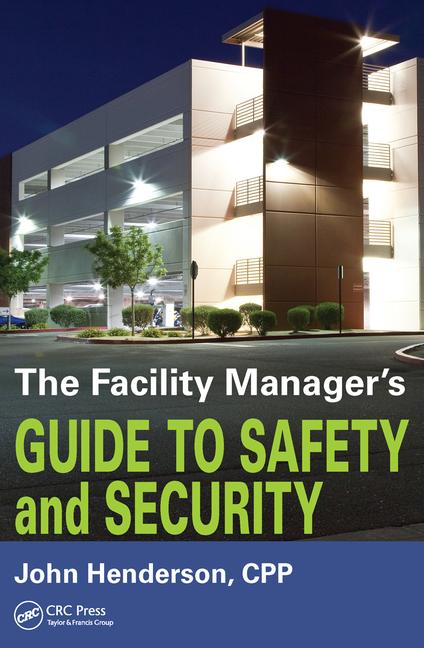The U.S. Department of Transportation requires shippers of equipment that contains lithium batteries to follow certain regulations and, as rules continue to get tougher, dealers and integrators that are not following the procedures may face consequences.
Companies shipping security or electronic devices with lithium batteries to customers or clients must follow a number of rules and regulations set by the U.S. Department of Transportation (DOT) in order to avoid penalties or confiscation of a package. Restrictions have been in place for lithium batteries for some time, however, even tighter restrictions have come into play in 2011. It is important for dealers or integrators shipping equipment with lithium batteries, which are considered Class 9 Hazardous Materials as defined by the government, to follow the correct guidelines.
According to the Pipeline and Hazardous Materials Safety Administration (PHMSA), which is the organization within the U.S. DOT responsible for drafting rules and regulations regarding the shipment of hazardous materials, “small shippers” may not be aware of the regulations of shipping these materials, whether by air, rail or motor vehicle.
“All companies shipping lithium batteries, and devices containing lithium batteries should follow the proper procedures and regulations outlined by the Department of Transportation,” said Lance Missry, director of purchasing and inventory management, ADI. Dealers re-shipping products from a manufacturer or distributor such as ADI, may be unaware that they must follow shipping regulations themselves.
“We understand the importance of safe transport and strive for compliance on all our shipments. If a dealer plans to re-ship any product, they must comply with all regulations as well,” Missry explained.
Lithium batteries are considered hazardous materials because they can overheat and ignite under certain conditions. PHMSA regulations apply to all types of lithium batteries (both metal and ion), by themselves or contained in equipment — though it is important to note that certain small batteries are exempt from some rules.
“PHMSA makes the rules and the FAA [Federal Aviation Administration] enforces them,” said Tammy Jones, Office of Communications at the FAA. “The regulation depends on the situation and the shippers need to read them closely to find out which applies to their specific situations.”
In March of this year, PHMSA announced a new rule granted by Congress that allows Department inspectors increased authority for ensuring the safety of hazardous materials in transit. The rule allows inspectors to temporarily detain and inspect packages, and open packages even if the request to open them is refused, according to a PHMSA press release.
Rules for shipping hazardous materials involve specific packaging requirements such as anti-static bubble wrap, hazard class labeling and specific documentation such as a Shipper’s Declaration for Dangerous Goods as required by International Air Transport Association and International Maritime Organization.
“All products containing lithium batteries should be correctly identified, classified, packaged, marked and labeled. Additionally, lithium battery statements must be provided to drivers transporting the items,” Missry said.
For specific information regarding how and when to comply with shipment of devices with lithium batteries, Jones of the FAA recommends visiting the U.S. Department of Transportation’s Pipeline and Hazardous Materials Safety Administrations website, http://www.phmsa.dot.gov/home.
“PMHSA also offers many training opportunities to educate industry professionals with all the requirements,” Missry added. In addition, if needed, ADI has instant access to its Material Safety Data Sheets (MSDS) to assist in environmental, health, safety and communication compliance requirements.
There also are a number of vendors that work with companies to make sure they implement the proper procedures to comply with any and all regulations that apply.
Here are a few websites for reference:
ULINE: www.uline.com
Labelmaster: www.labelmaster.com
Lab Safety Supply: www.labsafety.com
FedEx: www.fedex.com






